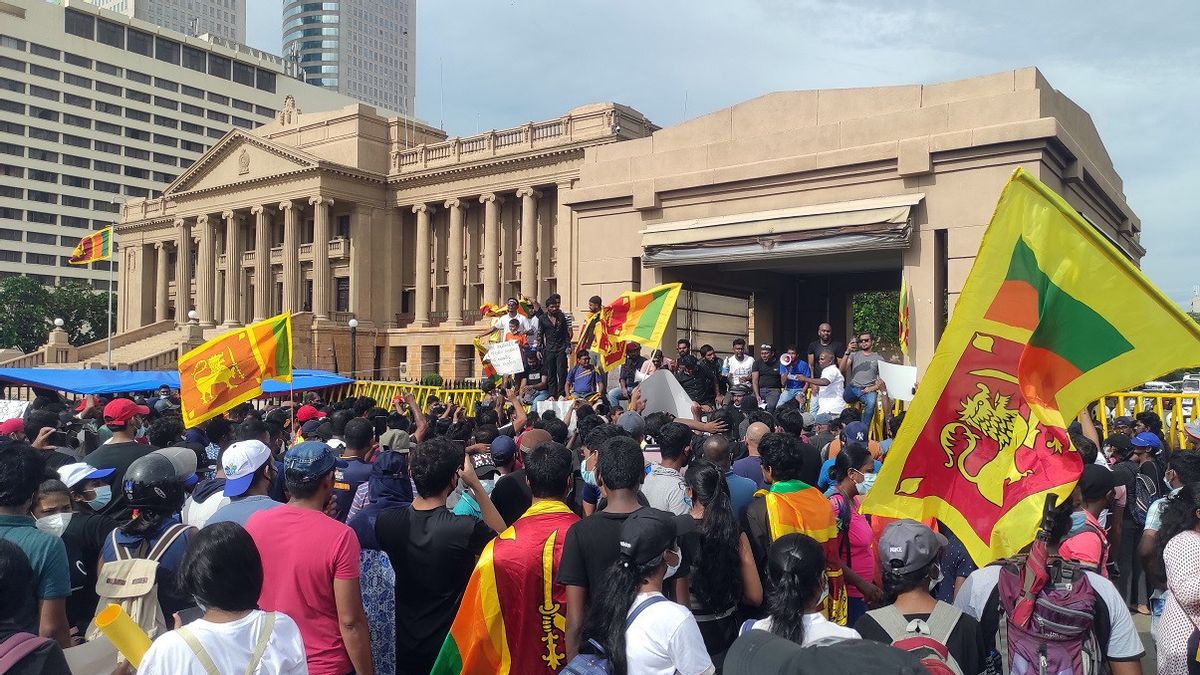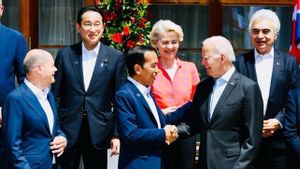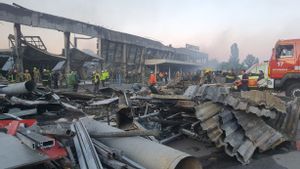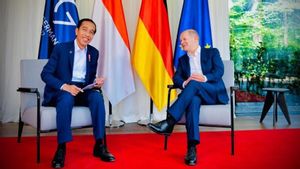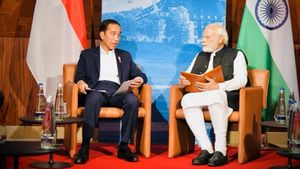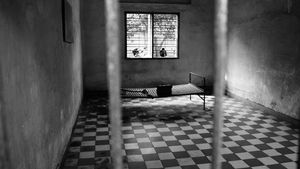JAKARTA - Sri Lanka will close schools and allow only fuel supplies for services deemed essential such as health, trains and buses for the next two weeks from Tuesday, a minister said, in a desperate attempt to address a severe shortage.
Sri Lanka is suffering from its worst economic crisis, with foreign exchange reserves at record lows and the island of 22 million struggling to pay for vital imports of food, medicine and, most critically, fuel.
Industries like garment, a big dollar earner in the Indian Ocean nation, are left on fuel for only about a week to 10 days. The country's current stockpiles will run out in just under a week based on regular demand, Reuters calculations show.
Sri Lanka will issue fuel only for trains and buses, medical services and vehicles transporting food from Tuesday to July 10, Bandula Gunewardena, a spokesman for the government's cabinet, told reporters.
In addition, schools in urban areas will be closed and everyone is urged to work from home, he said. Bus services between provinces will be limited.
"Sri Lanka has never faced such a severe economic crisis in its history," Gunewardena said.
Separately, a WD Shelton auto rickshaw driver, 67, said he had been waiting in line for four days to get fuel, describing how the crisis was unfolding.
"I haven't slept or eaten properly for a long time. We have no income, we can't feed our families," she whispered.
Meanwhile, the Sri Lankan Government is talking to the International Monetary Fund (IMF) about a possible bailout, but many people can't wait that long and passport requests are soaring.
The Navy in the early hours of Monday arrested 54 people off the east coast when they tried to leave by boat, a spokesman said, having previously been 35' boatmen; arrested last week.

President Gotabaya Rajapaksa's older brother stepped down as prime minister last month, after clashes between pro and anti-government protesters escalated into violence across the country that killed nine people and injured about 300.
Escalating fuel shortages could lead to a new wave of demonstrations. Opposition leader Sajith Premadasa called for the government to step down.
"This country has completely collapsed due to a lack of fuel. The government has lied to the people time and time again and has no plans to move forward," he said in a video statement.
The government's stockpile of fuel stands at about 9.000 tonnes of diesel and 6,000 tonnes of gasoline, the electricity minister said on Sunday, but no new deliveries are scheduled.
The Lanka IOC, a local unit of Indian Oil Corporation, told Reuters it had 22.000 tonnes of diesel and 7.500 tonnes of gasoline, but expected an additional 30.000 tonnes of gasoline and diesel shipments combined around July 13.
Sri Lanka is known to consume around 5.000 tonnes of diesel and 3.000 tonnes of gasoline per day, just to meet its transportation needs, IOC Lanka chief Manoj Gupta told Reuters.
Other big consumers are industries such as apparel and textile companies, whose exports jumped 30 percent to 482.7 million US dollars in May, according to data released on Monday.
"We have enough fuel for the next seven to ten days, so we're managing it," said Yohan Lawrence, Secretary-General of the Sri Lanka Joint Clothing Association Forum.
"We are watching and waiting to see if new fuel stocks arrive and what will happen in the coming days."
Sri Lanka's electricity regulator said the country was using its last stock of furnace oil to run several thermal power plants and keep power outages to a minimum. The power outage was scheduled to increase to three hours from Monday, from two and a half hours earlier.
"We hope to keep the power outage at three to four hours over the next two months. But given the country's situation, this could change," said Janaka Ratnayake, head of Sri Lanka's Public Utilities Commission.
An IMF team visited Sri Lanka to discuss a $3 billion bailout package. The country hopes to reach a staff-level agreement before the visit ends on Thursday, which is unlikely to unlock funds immediately.
VOIR éGALEMENT:
It is known, Sri Lanka has received about 4 billion US dollars in financial aid from India. Yesterday, the Sri Lankan Government also said the United States had agreed to provide technical assistance for its fiscal management.
Citing DW from AFP, Sri Lanka defaulted on its foreign debt of USD 51 billion or equivalent to IDR 757.2 trillion which was due in April. The country has not even been able to finance imports of basic necessities since late last year, the worst economic crisis since independence from Britain in 1948.
In addition, Sri Lanka is also facing a record of high inflation and prolonged power outages, all of which have contributed to months of protests, sometimes violent, demanding President Gotabaya Rajapaksa to step down.
The English, Chinese, Japanese, Arabic, and French versions are automatically generated by the AI. So there may still be inaccuracies in translating, please always see Indonesian as our main language. (system supported by DigitalSiber.id)
